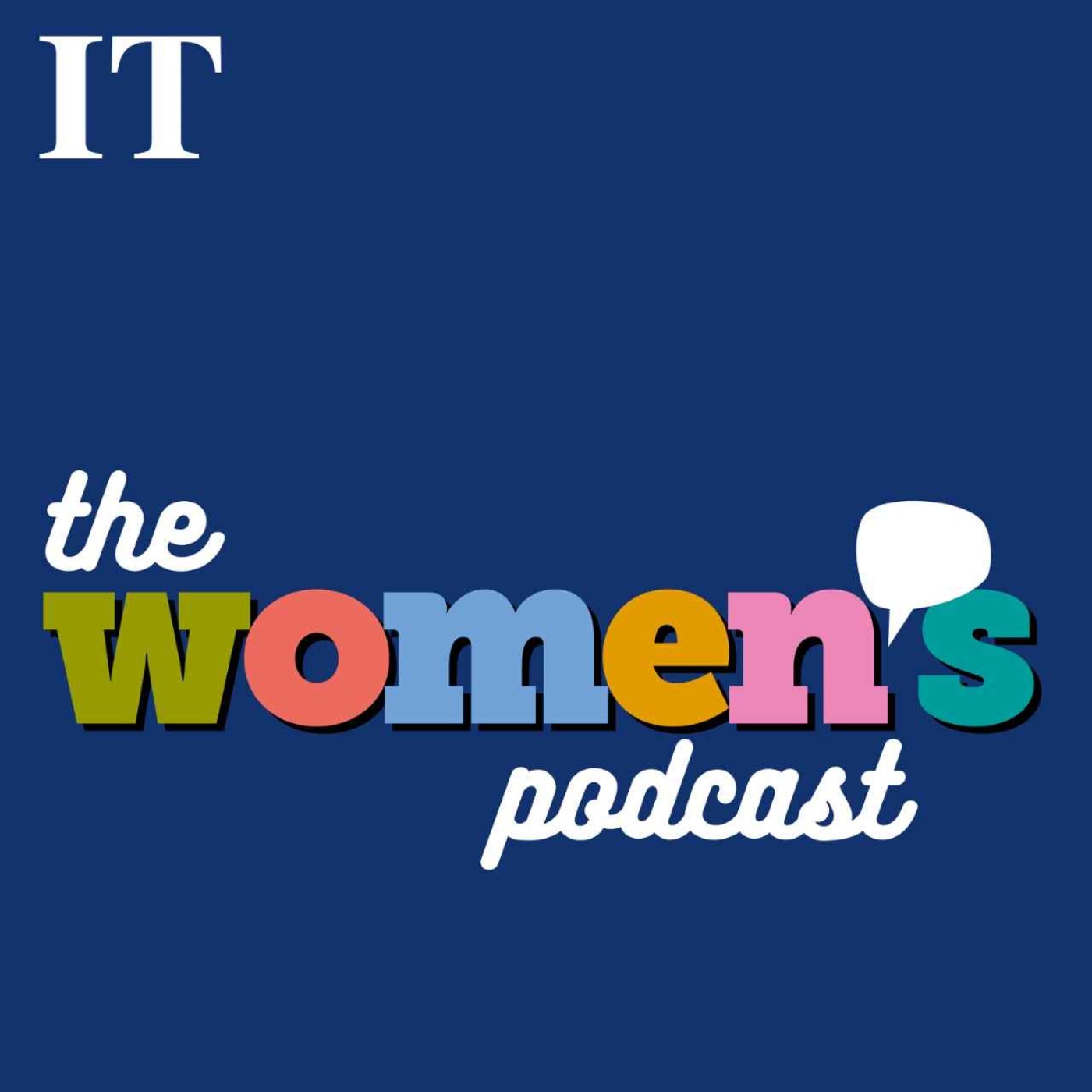When Orlagh Costello graduated from UCD with a degree in engineering in the early 2000s, her first job took her to Scunthorpe in the UK to work in the steel industry.
Describing the job as a “baptism of fire,” the engineering graduate was the “only woman in a team of 300 men.”
As a result, Costello faced issues with ill-fitting protective gear designed with men’s bodies in mind, inadequate bathroom facilities, and at times, an overbearing macho culture.
“In one of the technicians’ rooms, as you walked in, they were wallpapered wall to wall with girly calendars,” Costello recalls on the latest episode of The Irish Times Women’s Podcast.
READ MORE
“There was one older technician in there who was so embarrassed because he had granddaughters my age that if he knew I was coming down, he would go around with post-its and put them over what he considered vital points on the posters because they would be fully nude women with everything on display.”
Despite the struggles that came with navigating a male-dominated space, Costello says the experience also had plenty of positive aspects.
“There’s a lot of good stuff that happened too. I got fantastic experience. I gained a lot of skills...I gained a lot of endurance from those times.”
Costello, who now works as an engineer in Kilkenny, says the gender imbalance in the industry and the conditions for female engineers have improved greatly in recent years.
These days, she works with a team of ten people, five of whom are women. But she says there is still a long way to go in terms of attracting more women into the profession.
“You’re looking at about 18% of engineering graduates across the country who are women... and that’s up in the last couple of years from 15%,” she says.
With these figures in mind, Costello is on a mission to normalise engineering as a career choice for women. Through her work as a speaker, coach, and consultant, she regularly speaks at schools about the routes into the industry and also empowers women who are already in the profession.
“We need to increase the number of women that are going into engineering. And part of the reason that we want that is to bring those extra skills and diverse ways of thinking into the business,” she explains.
You can listen back to this podcast in the player above or wherever you get your podcasts.


























